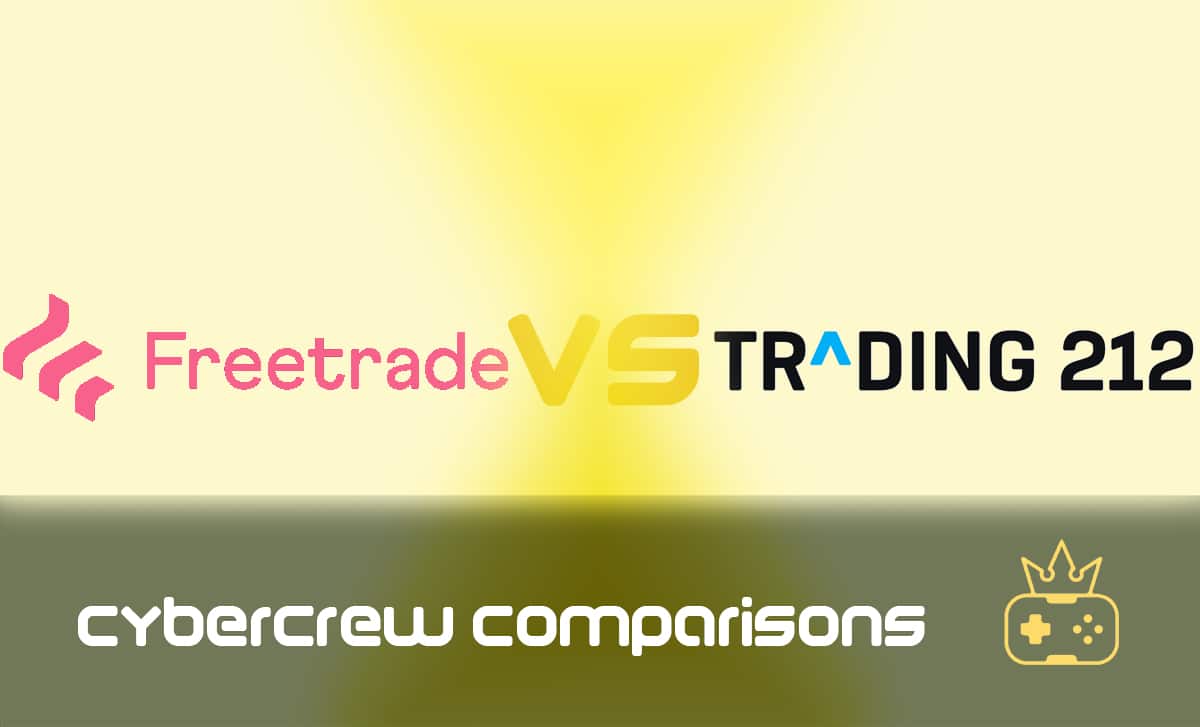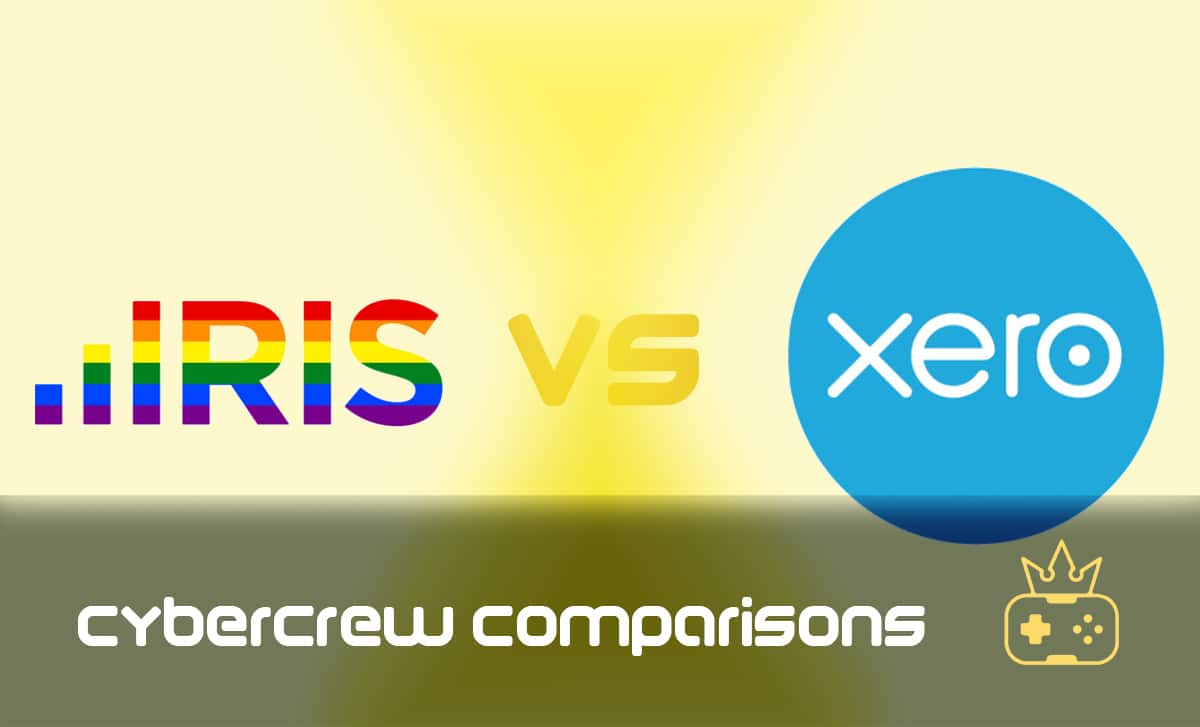What Are Shares?
Last Updated: February 9, 2024
What are shares? Do you wonder what the difference between stocks and shares is, what type of shares exist, and which ones you should invest in?
This article seeks to provide an in-depth explanation of all the different types of shares, as well as the advantages and disadvantages of issuing and owning them. We will also look at how you can become a shareholder by investing in shares or trading them.
Finally, we will explore some of the risks associated with owning shares before giving a brief overview of the most popular shares on the UK market.
If you want to stay in the know and expand your financial knowledge — you’ve come to the right place. So tag along and let us help you better understand the concept of shares.
Overview
A share is a type of security that represents ownership in a corporation. Shares give the holder a proportionate claim on the corporation’s assets and earnings. In other words, shares are portions of the company that people can buy — like slices of a pie.
So, how do shares work? Companies issue shares to raise money for future development instead of taking a loan. When you buy shares, you buy a piece of the company, but you also borrow it money for investments.
You can buy and sell shares on stock markets. Their prices will rise and fall depending on how well the company is doing.
Furthermore, when a company makes a profit, part of that money is given to shareholders in the form of dividends.
Stocks vs Shares
Stocks and shares are terms that are often used interchangeably. In American English, both words refer to financial equities, particularly securities representing a corporation’s ownership (previously referred to as stock certificates).
In common usage, “stock” is a more general, all-encompassing term, whereas “share” has a more particular meaning — it is a single unit of ownership.
A share is the single smallest denomination of a company’s stock, which is a measurement of equity.
Types of Shares
Many corporations only have one type of shares, often called ordinary shares or common shares. Common shares are given to business owners and other investors as proof of their investment in a company.
However, some businesses choose to have two or more different share types depending on their needs. As long as the shareholders are on board, the company can have as many types of shares as it pleases. In general, the primary distinctions between different sorts of shares can be found in one or more of the following areas:
- Voting rights — Shares either carry voting rights or don’t. However, weighted or tiered voting powers are also conceivable. For example, shares may have greater voting power in specific situations.
- Entitlement to dividends — Shares may carry the right to different forms of dividends such as normal dividends, preferential dividends, circumstantial dividends, or no dividends at all.
- Entitlement to capital on winding up — If a company ends up dissolved, any assets that remain after the debts are paid off will be split among its shareholders. However, different shares bring different rights to capital distribution.
The company’s reasoning behind having different types of shares may be one (or a few) of the following:
- Attracting investments
- Pushing dividend income in a specific direction
- Removing or enhancing voting powers of certain individuals
- Motivating the employees
The different types of shares a company may issue will fall under one of the following categories:
- Common shares
- Deferred common shares
- Non-voting common shares
- Redeemable shares
- Preferred Shares
- Cumulative preferred shares
We’ll discuss each of them in the following sections.
Common Shares
Most existing shares are common shares, which have no special rights or limitations. They can provide the greatest financial returns but also pose the highest risk.
A common share entitles the shareholder to one vote per share. The holder also has a claim on the company’s residual assets (should it be wound up). Still, common shares are the last to get paid if such a situation occurs.
There may be more than one class of common shares created by certain businesses — for example, “A Common Shares”, “B Common Shares”, and so on. This allows different dividend amounts to be paid to different shareholders, and pre-emption rights to apply to some but not all shares.
Deferred Common Shares
In case of bankruptcy, a deferred share is the last one to get paid. Corporations issue this kind of share to their founders to restrict their receipt of dividends until all other classes of shares have gotten their piece of the cake.
Deferred shares are also offered to venture capital firms and other private investors in exchange for a long-term investment in a business.
Non-Voting Common Shares
Non-voting come without voting rights. They are typically given to employees or relatives of the primary shareholders. The main shareholders maintain control of the company while increasing the number of investors by issuing this class of shares.
Redeemable Shares
A redeemable share is a type of share that allows the holder to cash in their investment at some point in the future. The company will usually have a set schedule for redemption and a predetermined price.
The rights of a shareholder to sell or transfer their shares will still exist, depending on the company’s articles of association or any shareholders’ agreement.
Preferred Shares
Preferred shares are a type of security that gives the holder priority over other shareholders in terms of dividend payments and repayment of capital on liquidation.
They usually come with a fixed dividend, paid out before any dividends are distributed to common shareholders. The dividend amount is usually expressed as a percentage of the nominal value.
If the company goes bankrupt, preferred shareholders will be repaid their investment before any other shareholders. However, preferred shares usually don’t come with voting rights.
Cumulative Preferred Shares
Cumulative preferred shares give the holder the right to receive all unpaid dividends before any other shareholders.
If there are no profits to distribute, the dividend payments will accumulate and be paid out when profits are eventually made.
Redeemable Preferred Shares
Redeemable preferred shares combine the features of preferred and redeemable shares. They are preferred shares that can be redeemed or repurchased by the company at a certain price after a certain period of time.
The company will typically have a set schedule for redemption and a predetermined price.
Advantages of Issuing Shares
One way to obtain funding for your firm is to issue shares, and there are several reasons why a company might choose to do so.
Some of the advantages of issuing shares include:
- Liquidity
- Attracting investors
- Raising money for expansion
- Avoiding the liabilities of debt
- Market valuation for your company
- An incentive for the staff
There are, of course, some drawbacks that might arise due to issuing shares. Some of them are diluted ownership, lack of control, and legal risks.
Advantages of Owning Shares
Now, let’s look at things from a different perspective. If you are an individual that owns or wants to own shares, the benefits that will come out of being a shareholder are:
- Building your savings
- Protecting your money from inflation and taxes
- Dividend income
- Capital growth
- Voting privileges
However, you should always factor in the risk you might face when owning shares. Don’t forget that the share value can be volatile and drop drastically in price. No one can guarantee how a company’s shares will perform, much less how the market will move.
How To Become a Shareholder?
For someone to be a shareholder, they must own a minimum of one share in a company. The more shares someone owns, the more of the business they control. Also, their decision-making power increases.
Shareholders are not involved in the company’s day-to-day business, but they have the ultimate power to choose who runs it. When you own shares in a company, you have a stake in its success. In addition, as a shareholder, you have certain rights and privileges, such as the right to vote at shareholder meetings and the right to receive dividends.
You can enter the financial world of shares by investing in shares, or you could trade them for a living. Investing and trading are two very distinct ways to profit in the financial market. Both investors and traders look for opportunities to make money by participating in the share market.
While investors seek greater returns over time by purchasing and holding assets, traders profit by using the ups and downs of the market to enter and exit more quickly, taking smaller, more frequent profits.
Investing in Shares
Long-term investing aims to grow your money over time by purchasing and holding a portfolio of equities, baskets of stocks, mutual funds, bonds, and other securities.
Investments are frequently kept for years, if not decades, taking advantage of such benefits as interest rates, stock splits, and dividends. Even if they realize it will take time, investors will “ride out” a bear market by anticipating prices to return and any losses to be recouped. They are typically more focused on market fundamentals, such as price-to-earnings ratios and management predictions.
Trading Shares
Trading entails more frequent transactions, such as purchasing and selling stocks, commodities, currency pairs, or other assets. The aim is to outperform buy-and-hold investing by generating profits.
Traders may require a 10% return each month, whereas investors may be satisfied with 10% to 15% annual returns. Traders’ profits are generated by buying at a lower price and selling at a higher price in a short period of time.
If you are looking for a reliable trading platform in the UK, our top pick is eToro — an online broker and investment platform with over 24 million users. It allows you to buy, sell and trade crypto, shares, commodities, ETFs, and indices. eToro operates in accordance with the FCA, CySEC and ASIC and is a safe and secure option that offers commission-free trading.
AJ Bell is another leading investment app that offers beginners the best investment tools and services. You can check out our full review of the platform here.
Risks of Investing
When a company you invest in performs well, and the demand for its shares rises, you may anticipate the value of your investment to rise. When the performance of a firm declines, however, your stock might go down in value or even become worthless.
There are six types of risks your shares are exposed to:
- Price risk — the risk of a security or investment portfolio’s value dropping due to various factors.
- Interest risk — the risk of loss associated with interest rates changing.
- Market risk — factors such as tax reforms, law and regulation, and global changes could impact your investments. When overall confidence in the market decreases, your investments are likely to decrease in value.
- Credit risk — the risk that the company, state, or country you invest in cannot meet its payment obligations.
- Market liquidity risk — the ease with which products can be bought or sold on the market.
- Exchange rate risk — the possibility of currency fluctuations affecting a firm’s expected future operating cash flows.
Dividends and Tax
At the end of a calendar year, a company’s board determines whether it has done well enough to pay its shareholders a dividend. A dividend is a portion of a firm’s profits transferred to investors. Larger companies usually pay an interim dividend at the half-year mark.
Dividends are calculated per share, so naturally, the more shares you own, the more money you’ll receive in the form of dividends. Dividends attract income tax, but not National Insurance charges.
According to GOV.UK, you do not pay tax on any dividend income that falls within your Personal Allowance (the amount of income you can earn each year without paying tax). You also do not pay tax on dividends from shares in an ISA (Individual Savings Accounts).
You get a dividend allowance each year and only pay tax on any dividend income above your allowance. For the tax year 2021/2022, the amount of income you can earn without paying tax is set at £2000.
How much tax you pay on dividends above the dividend allowance depends on your Income Tax band. Add your total dividend income to your other income to work out your tax band. Note that you may pay tax at more than one rate.
| Tax band | Tax rate on dividends over allowance |
| Basic rate | 7.5% |
| Higher rate | 32.5% |
| Additional rate | 38.1% |
What Determines Share Prices?
The share price is set by the market, which operates following the law of supply and demand. If there are more people who want to buy a share than people who are willing to sell it, the price will increase. In contrast, if there are more sellers than buyers, the price falls.
It is important to remember that shares can be bought and sold at different prices on different days and even during the course of one day.
The price of a share is also affected by how well the company is doing. If a company is profitable and has a high ROI, its shares will likely go up in value. In addition, if a company announces plans to expand or introduce new products, this can be an indicator for higher future profits, so the price will likely go up as well.
Economic happenings heavily influence share prices. A positive economic climate, such as lower interest rates or a falling unemployment rate, can increase share prices.
On the other hand, declines in share prices can be triggered by unfavourable news, such as an increase in inflation or terrorist attacks.
Most Traded Shares in the UK
We’ll dedicate the last part of this article to the top 15 shares in the UK by volume.
| EPIC | Name |
| LLOY | Lloyds Banking Group plc |
| GLEN | Glencore plc |
| BP. | BP Plc |
| VOD | Vodafone Group plc |
| RR. | Rolls Royce Holdings Plc |
| BARC | Barclays plc |
| EVR | Evraz plc |
| IAG | International Consolidated Airlines Group SA |
| HSBA | HSBC Holdings plc |
| JD. | JD Sports Fashion plc |
| TW. | Taylor Wimpey plc |
| NWG | NatWest Group plc |
| POLY | Polymetal International plc |
| LGEN | Legal & General Group plc |
| SHEL | Shell plc |
Source: Hargreaves Lansdown
Wrap Up
The main goal of this article was to provide the answer to the question “What are shares?” I also wanted to specify all the advantages of becoming a shareholder and explain the types of shares you may encounter.
I hope this article answered all your questions concerning shares, making you feel more confident to start investing in them. If you feel ready to give buying shares a try, don’t hold back. Who knows, you might end up the next Wolf of Wall Street.
FAQ
The major distinction between a stock and a share is that a stock is a broader concept that conveys ownership in a company, whereas shares are individual ownership units.
Shares in a business represent an ownership stake in a company. When a company issues shares, it sells part of itself to investors and raises money to grow its business. Shareholders are entitled to a portion of the company’s profits (in the form of dividends) and have a say in how it is run.
The main reason why people buy shares is to make money. The goal is to purchase them at a low price and sell them at a high price. Also, shares are more convenient than property investments since they are more liquid.
Another reason people buy shares is to become part of a company, share its profits, and gain voting rights. So, when a company performs well, the demand for its shares usually rises, increasing the value of an investment.
When you invest in shares, you are exposed to various risks. The most common risks include liquidity risk, interest rate sensitivity risk, market risk, credit risk, market liquidity risk, and exchange rate risk.



![How to Sell on Depop in the UK [2024 Guide]](https://cybercrew.uk/wp-content/uploads/2023/06/Selling-on-Depop-UK.png)






